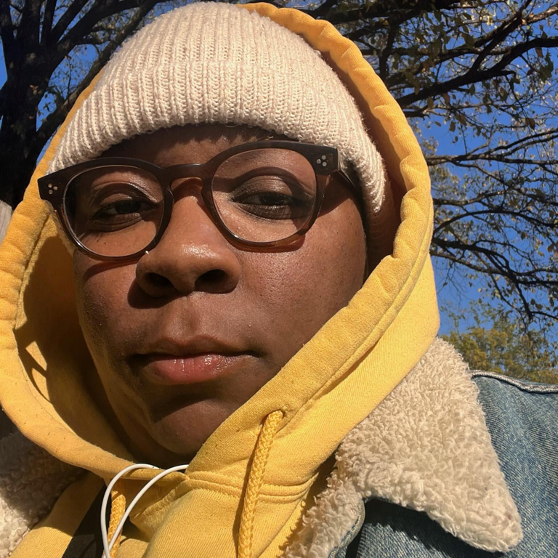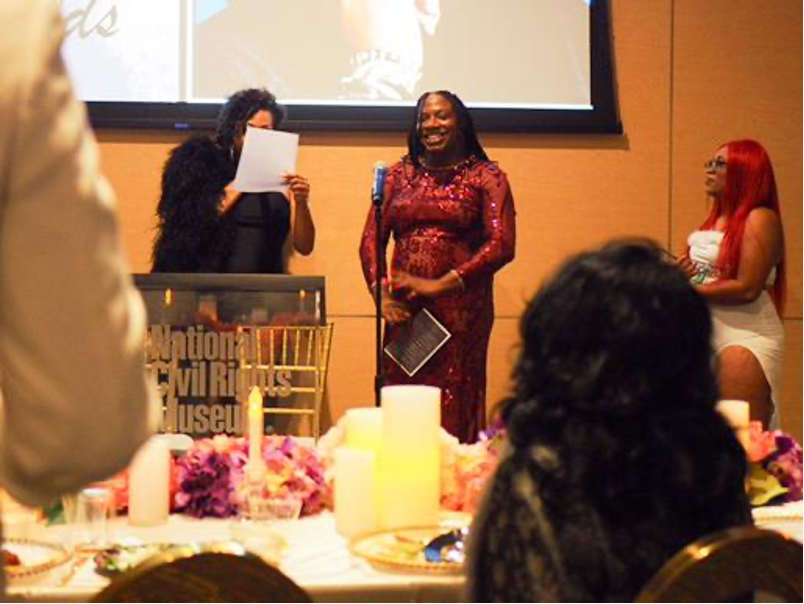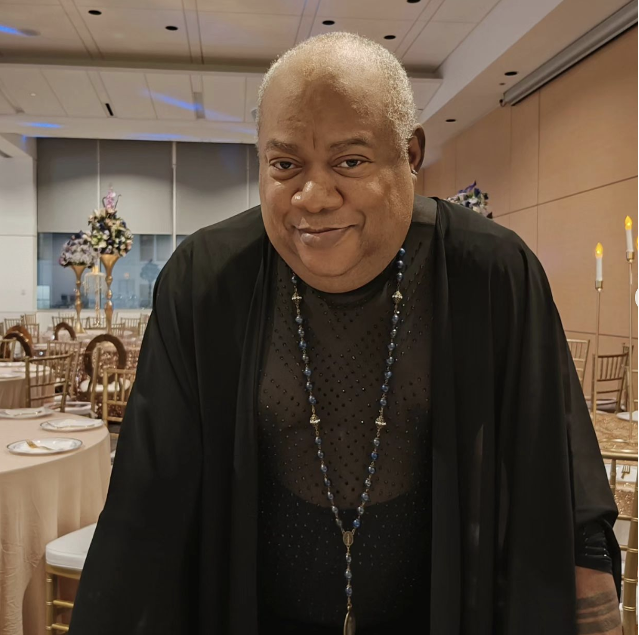Recent anti-trans laws can affect everything from mental health to housing to employment
Phoenix Lemount moved to Memphis from Detroit more than two years ago. He loves it.
“Finally, I have begun making friends as an adult, and I know what the word community truly means,” he says.
He’s found both good friends and a favorable work environment in the Bluff City. Someone who enjoys cooking socially for his friends, he worked as a line cook at a cafe in the University neighborhood until a recent promotion to back-of-the-house manager.
Yet despite that support, the engaging 23-year-old transgender man worries he may have to leave his adopted city because of the hostile political climate. “Times like these,” he says, makes him question his move to Memphis. He fears that any of his remaining rights as a trans man could be stripped away, and the draconian anti-queer legislation seen in other countries could find a place here.

His concerns are understandable. The ACLU cited 34 bills in Tennessee’s last legislative session that it considered anti-LGBTQ. Activists say in recent years the transgender population has been particularly singled out, and fear this is only the beginning.
One of the most concerning laws passed last year. The ban on gender-affirming care for transgender youth denies under-18 trans people the freedom to access healthcare they may need.
For Lemount, the ban on such treatments strikes at the fundamental—and extremely personal—right to bodily autonomy. Access to gender-affirming care — such as puberty blockers, hormones and surgery — is essential to protect the health and safety of transgender youth, medical experts say.
This ban, Lemount says, plus the flood of anti-LGBT legislation, leaves him with a profound sense of instability.
“No matter how good life is going, as a trans person especially, there is that fear in the back of your mind that just echoes,” he said. “When are they going to revoke it all? When are they going to make being trans illegal?”
In this hostile legislative environment, trans folks are coping in a variety of ways.
“Getting closure with trauma”
Since she was a young child, Sa’mya has identified as female. In an interview at the offices of WeCare Tennessee, the soft-spoken 31-year-old said she has experienced occasional feelings of depression and self-blame.
Growing up in Mississippi, her grandmother would tell her to play outside with the boys even though she wanted to be inside with the girls. When she was about 5, she was no longer allowed to take bubble baths with her sister. She understood that her sex organ was to blame.
“At that age, I didn’t want my penis, so I just cut myself,” she said of her attempted castration.
Despite experiencing gender dysphoria, Sa’mya has chosen not to take hormones or have surgery. But she said her earlier experiences of confusion inspired her to help other transgender and nonbinary people. In 2021, she began hosting monthly support group meetings for transgender and nonbinary people in her Jackson, Miss., home.

“People need to hear that somebody has been through something similar to what they’re going through,” she said. “By bringing everyone together and talking, I pray that we can get some type of closure with trauma.”
At WeCare Tennessee’s Legacy Awards, during Transgender Awareness Week in November, she was honored with an award for sisterhood, recognizing her community advocacy.
For other transgender people who experience gender dysphoria — and not all do — having access to gender-affirming care can be lifesaving. A 2023 survey of transgender people aged 13 to 24 by the nonprofit Trevor Project found that half had seriously considered suicide in the previous year. Gender-affirming care is associated with both short and long-term improvements in rates of depression, anxiety and suicide. One study of transgender youth found 73% lower odds of suicide compared to those who had not received care in a 12-month follow-up.
Some trans people, said Renae Taylor of the transgender-rights group WeCare Tennessee, see taking their hormones as so essential to their well-being that given the choice between their hormones and being homeless, they choose their hormones.

An ‘M’ or ‘F’ on a driver’s license
Beyond alleviating emotional distress, presenting an outward appearance that harmonizes with gender identity has other far-reaching effects, such as easing the ability to find a job and a place to live.
“I hate to even use a word like this, but if you’re able to conform to societal norms, if you can pass as female, you will get housing, you will get a job,” said Taylor — which reduces the chance of poverty and homelessness. Barring other options, many in the transgender population, especially Black transgender women, turn to sex work, they said.
Gender-appropriate documentation is also important. Taylor explained that for cisgender people, having an M or F on their driver’s license or the correct name on a passport is a barely noticeable detail, but it can be life-changing for transgender people.
“If you go and you’re looking like Amy, but your documentation says Larry, that makes it harder for you to get a job. They feel like you’re faking or you’re trying to be deceitful,” Taylor said.
In a change, as of July 1, 2023, Tennessee does not allow transgender citizens to alter gender markers on state-issued IDs, including driver’s licenses, to reflect gender identity.
Documentation can affect not only the ability to get a job or home, but also access to health care. Transgender and nonbinary people complain of awkward encounters, discrimination and even ridicule when medical staff noticed the difference between official documents and the person’s gender identity. A literature review indicates that transgender people experience multiple barriers to necessary care, as well as preventive health care. Not surprisingly, transgender adults have higher rates of negative mental, physical and behavioral health outcomes compared to cisgender adults.
Dakota Daughtery, 29, a clothing designer with an active social media presence as Dakota Epic, has experienced both the benefits of an appearance that conforms to societal expectations and the problems posed because her documentation did not match her gender identity.

Having grown up in a supportive middle-class family in Cordova, she would take hormones, which she got “off the street” for $230 per month, and has had “multiple surgeries,” totaling $25,000.
Though she had insurance in Tennessee — she has since moved to New York — it did not cover gender-affirming care in Tennessee.
“The maintenance of being me is very expensive,” she said.
Yet that maintenance has helped her avoid some harm. “I’m very small, very petite. I’m very passable,” she said. “So I really don’t have those discriminations.”
Still, she has experienced prejudice when medical personnel see her documentation during a checkup. “You could feel the energy in the room shift, and it is kind of like a toxic situation,” she said.
Ultimately, the Memphis LGBTQ service organization My Sistah’s House helped her change her name and paid for the procedure. (Daughtery later served as an adviser for the group.)
In part to access better transgender health care and support, Daughtery moved to New York City in November. In New York, health insurers cannot, for example, deny medically necessary treatment for gender dysphoria. New York also became a “safe haven” state this year, protecting access for minors to transition care.
“I’ve always been a girl,” Daughtery said. She hopes to find the freedom to be herself in her adopted city.
“Thriving” in Memphis
Because an affirming atmosphere supports mental health, some health providers consider it part of gender-affirming care. Several studies have confirmed the mental health benefits to both trans children and youth of a supportive family or community.
Stellan Knowles, a 21-year-old trans man, says he’s found that in Memphis.

Knowles grew up in a difficult family environment but seems to have made up for it recently by connecting with affirming community groups. With parents active in the Pentecostal Church, he considered himself born again at the age of 9, but gradually fell away from the church and his family.
“It was the type of church where the pastor is screaming about boys who paint their nails going to hell,” he said.
At 16, his “mind was blown” after attending two drama summer camps where he was exposed to other queer youth and even performed parts of a play focused on transgender issues. His “egg” began to crack, he said, as self-realization dawned.
Beginning at about 18, he tried to come out to his parents, writing them letters and emails, offering them informational guides and suggesting family counseling.
“But my mom would actually come in every morning and rub anointing oil on my forehead to protect me from what she believed was the devil,” he said. Both his mother and father are medical doctors.
In 2022, he attended the Midsouth Trans Resource Fair, where he got his hair cut for the first time. After the resulting blowup at his parents’ Cordova home that evening, he left.
Since then, Knowles has rapidly taken advantage of national and local resources so that he is at a point where he is “thriving,” he said.
He went to CHOICES in December 2022 to begin hormone treatment. Through an online mentoring program, he met a trans woman, Violet Queen, who became his domestic partner.
Knowles and Queen did not have stable housing, so they qualified for OUTMemphis’ rapid rehousing program. OUTMemphis had also helped them finance their legal name changes and provided free men’s clothes for Knowles. He managed to change the gender marker on his driver’s license before the July 1 deadline.
Knowles found a job as the youth action board coordinator at the Community Alliance for the Homeless and plans to attend the University of Memphis in the fall.
“Things have just been able to go really seamlessly once I came out because of this city,” he said.
Check out our social coverage on this story at @focusmidsouth on Instagram.




